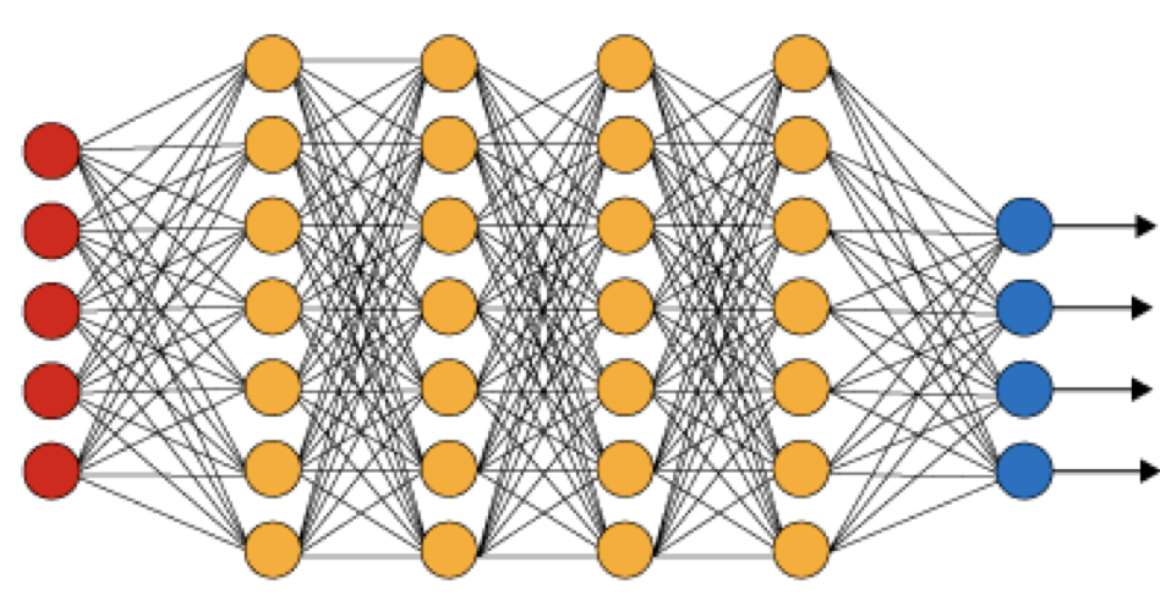MENU
Skip menu
|
Deep Learning Opitmization for Mobile Devices Using Hardware and Software Co-design
Synopsis: The primary goal of this project is to develop cutting-edge algorithms and computer architectures that enables the broad deployment of heavy-cost deep learning models into resource-constrained, heterogeneous mobile edge devices (e.g., low-cost sensing platforms and IoT devices). This project analyzes distinct deep learning behaviors on mobile edge devices and designs different strategies to improve the efficiency of multiple deep-learning-based inference models. Furthermore, this project develops algorithms that can adjust the complexity of different deep learning models to reduce their energy and memory consumption on mobile edge devices.
|
Personnel: Graduate Students: Tianming Zhao Undergraduate Students: Luke Jackielaszek PI: Yan Wang
Collaborators: Yingying Chen (Rutgers University) Jerry Cheng (New York Institute of Technology) Jian Liu (University of Tennessee)
|
|
Publications:
|
|
Educational Activities: The PPG-based and acoustic sensing-based user authentication methods and corresponding machine-learning approaches are integrated into the course materials of the cross-listed course CIS4330 / CIS 4360 (Smart Sensing and Devices) at Temple University. Graduate and undergraduate students are involved in the research tasks and experiments of these projects during their summer internship. |